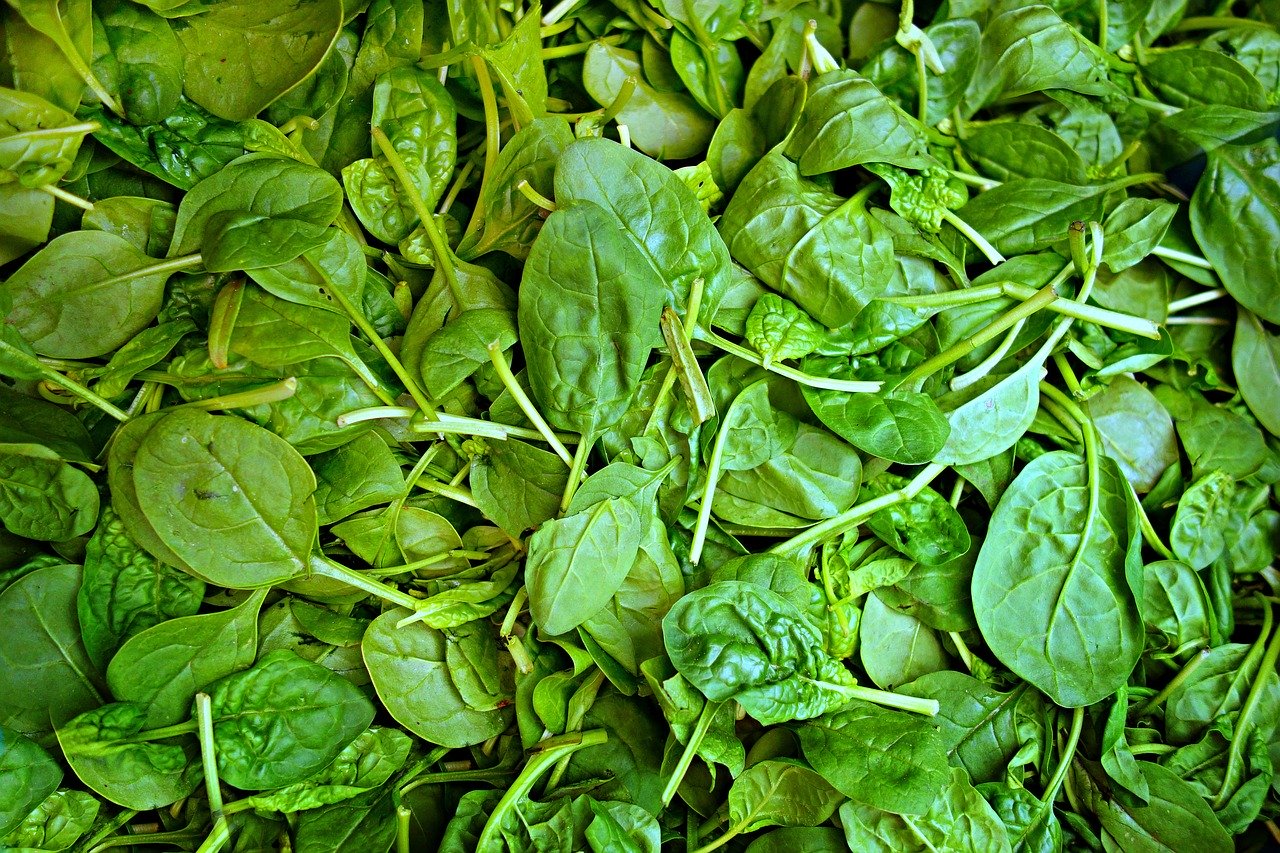In March 2019 researchers from Iran published the results of their review of the medical scientific literature to assess the association between coffee, caffeine, caffeinated coffee, and decaffeinated coffee consumption … Read more
A higher tea and coffee consumption appears to be associated with a reduced risk of glioma
In February 2019 researchers from Iran published the results of their study to assess the association between tea and coffee consumption and risk of glioma in Iranian adults. A total … Read more
Coffee appears to be associated with reduced risk of brain cancer, especially in Asian populations, whereas tea only appears to reduce the risk in American populations
In March 2019 researchers from China published their review of the medical scientific literature to assess the association between coffee and tea consumption and brain cancer risk. A total of … Read more
A higher intake of flavonoids reduces the risk of cardiovascular disease
In January 2019 researchers from Spain, Brazil and the USA published the results of their study to assess the relationship between types of polyphenols and risk of cardiovascular disease (myocardial … Read more
Whole grains and dairy products appear to decrease the risk of colorectal cancer whilst red and processed meat and alcohol increase the risk
In August 2017 researchers from the UK published their review of the medical scientific literature to assess the association between food, beverage and alcohol intake and risk of colorectal cancer. … Read more
Iron
Iron is a mineral which helps to make haemoglobin (the oxygen-carrying chemical in the body’s red blood cells) and myoglobin (a protein in muscle cells). It is also essential for activating … Read more
Cafffeine
According to the European Food Safety Authority the following amounts of caffeine are considered safe to consume:
Adults
- Single doses of caffeine up to 200mg – about 3mg/kg body weight
Artificial sweetener consumption may be associated with poor assisted reproduction outcomes
In February 2018 researchers from Brazil published the results of their study to assess the association between sweetened soft drinks or coffee and the outcome of intracytoplasmic sperm injection treatment … Read more
Higher regular caffeine consumption appears to be associated with a higher pain threshold and increased pain tolerance
In September 2018 researchers from the USA published the results of their study to assess the effect of regular caffeine consumption on pain sensitivity. 62 individuals, aged between 19 and … Read more
A higher coffee consumption appears to be associated with a lower risk of atrial fibrillation
In June 2016 researchers from the USA and Denmark published the results of their study to assess the effect of coffee consumption on risk of atrial fibrillation. 57,053 individuals (27,178 … Read more
Polycyclic aromatic hydrocarbons
Polycyclic aromatic hydrocarbons (PAH) are a group of chemicals released from burning coal, oil, rubbish, tobacco and wood. They are also present in products made from fossil fuels, such as … Read more
Coffee consumption appears to reduce the risk of gout
In July 2018 researchers from New Zealand published the results of their study to assess the effect of coffee intake on serum urate concentrations and risk of gout. 130,966 European … Read more
Coffee appears to reduce the risk of diabetes type 2
In February 2014 researchers from the USA published their review of the scientific literature to assess the association between coffee consumption and the risk of type 2 diabetes. Twenty-eight studies … Read more
Coffee appears to reduce the risk of cutaneous melanoma
In June 2016 researchers from China published their review of the scientific literature to assess the association between coffee consumption, both caffeinated and decaffeinated, and the risk of cutaneous melanoma. … Read more
Coffee and caffeine appears to reduce the risk of depression
In March 2016 researchers from China published their review of the scientific literature to assess the association between coffee and caffeine intake and risk of depression. 330,677 individuals from seven … Read more
Coffee appears to reduce the risk of depression but tea and caffeine only has a slight effect on risk
In January 2016 researchers from Poland published a review of the scientific literature to assess the effect of coffee, caffeine, and tea consumption on the risk of depression. Twelve studies … Read more
Three cups of coffee per day reduces the risk of hypertension in an Asian population but a higher intake appears to increase the risk
In June 2018 researchers from the USA and Singapore published the results of their study to assess whether coffee or tea was associated with the risk of hypertension in an … Read more
Coffee appears to reduce the risk of chronic kidney disease
In June 2018 researchers from Republic of Korea published the results of their study to assess the association between coffee consumption and the risk of chronic kidney disease in 8,717 … Read more
Both caffeinated and decaffeinated coffee appears to reduce the risk of melanoma
In June 2018 researchers from Poland and Italy published a review of the scientific literature relating to both caffeinated and decaffeinated coffee consumption and the risk of melanoma. A total … Read more
Coffee appears to reduce the risk of liver cancer but not biliary tract cancers
In August 2017, researchers from Italy, Poland and the UK published a review of the scientific literature relating to coffee consumption and risk of liver cancer and biliary tract cancer. … Read more




















